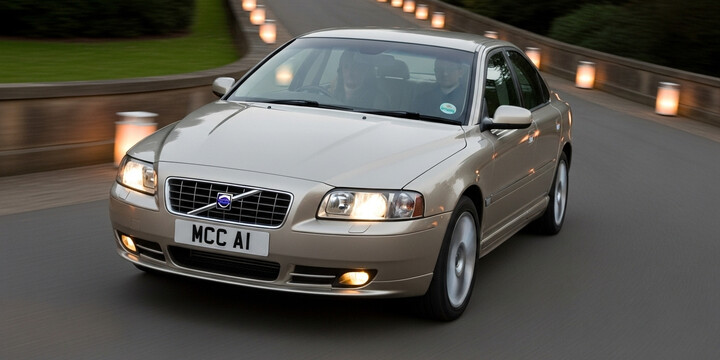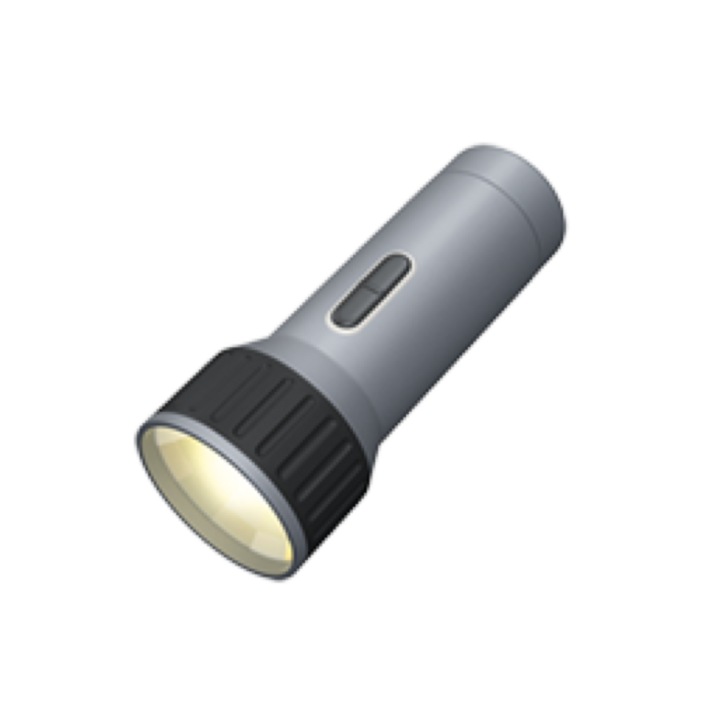VOLVO S80 (1998-06) 4DR SALOON 2.0T 180 S

Buyer's Guide & Data from our Checks
The VOLVO S80 (1998-06) 4DR SALOON 2.0T 180 S is a classic Swedish sedan that offers a comfortable and refined driving experience. Known for its solid build quality and safety features, it is primarily aimed at families and those seeking a dependable car for daily commuting. This model sits in the executive saloon segment, standing out with its roomy interior and smooth ride, making it a popular choice among drivers who prioritize comfort and reliability.
Based on mycarcheck.com data, the S80 has a small but steady number of checks, with a total of three lookups and three distinct VINs. The average valuation for private sales sits around £800, with typical mileage averaging approximately 134,000 miles. Its high number of previous owners often reflects a car that has been well-used but also maintained over the years. The model is valued for its practicality and straightforward design, which helps it stand out from more modern rivals that focus on advanced technology.
Compared to its competitors, the VOLVO S80 is known for its durability and relaxed driving experience, making it suitable for those who want a trustworthy and comfortable vehicle. While it may lack some of the latest features, its reputation for safety and solid performance continues to appeal to budget-conscious buyers and those needing a reliable family saloon. Overall, the VOLVO S80 (1998-06) 4DR SALOON 2.0T 180 S remains a sensible choice in the used car market.
Key Findings
The following statistics are drawn from our checks of 3 different vehicles, run between January 24th 2022 and December 31st 2025. These real-world insights provide context for this vehicle's place in the market, as well as its typical usage.
3
Lookups
Lookups
0
Hidden Histories
Hidden Histories
150k
Average Mileage
Average Mileage
£800
Average Valuation
Average Valuation












